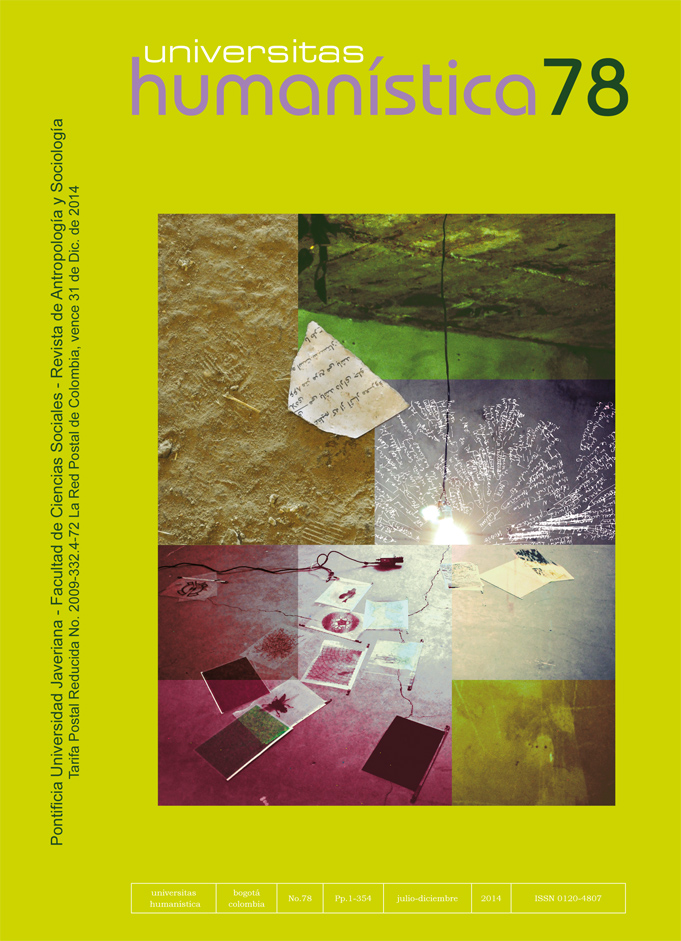Resumo
O feminismo transgênero, mais popularmente denominado como transfeminismo, é linha depensamento e prática feminista que rediscute e critica a subordinação morfológica do gênero (comoconstrução psicossocial) ao sexo (como biologia), com repercussões teóricas e políticas sobre os corpos.O presente artigo identifica, por meio de análise crítica, os fundamentos teóricos do transfeminismo noprocesso histórico de consciência política e de resistência, a partir das leituras que orientam acadêmicose militantes, constituído pelo feminismo negro e outras linhas de pensamento feminista; reconhecendoe apontando para as múltiplas contribuições de diversos saberes. Conclui-se que os elementosfundamentais que determinam e orientam o feminismo transgênero são: a redefinição da equiparaçãoentre gênero e biologia, a reiteração do caráter interacional das opressões, o reconhecimento dehistórias de lutas pela livre expressão de gênero e a validação das contribuições de quaisquer pessoaspara o pensamento e a ação transfeminista, independentemente de sua identificação de gênero.

A revista Universitas Humanística encontra-se registada sob a licencia Creative Commons Versão 4.0 Internacional. Portanto, esta obra pode se reproduzir, distribuir e comunicar publicamente em formato digital, sempre que dado o crédito apropriado para os autores e a Pontificia Universidad Javeriana. Permite-se citar, adaptar, remixar, transformar, autoarquivar, republicar e criar a partir do material, para qualquer fim, mesmo que comercial, sempre que indicado apropriadamente o nome do criador, provido um link para a obra original e indicado se mudanças foram feitas. A Pontificia Universidad Javeriana não retém os direitos sobre as obras publicadas e os conteúdos são responsabilidade exclusiva dos autores, os quais conservam seus direitos morais, intelectuais, de privacidade e publicidade.
O aval sobre a intervenção da obra (revisão, correção, edição, tradução, formatação) e a subsequente difusão disponibiliza-se através de licença de uso e não através de transmissão de direitos, o que representa que a revista e a Pontificia Universidad Javeriana são isentas de qualquer responsabilidade que puder se derivar de uma prática ética pobre por parte dos autores. Em consequência da proteção fornecida pela licença de uso, a revista não fica na obrigação de publicar retratações ou alterar informações já publicadas, a não ser que a errata seja decorrente do processo de gestão editorial. A publicação de conteúdos nesta revista não representa royalties para os contribuintes.


